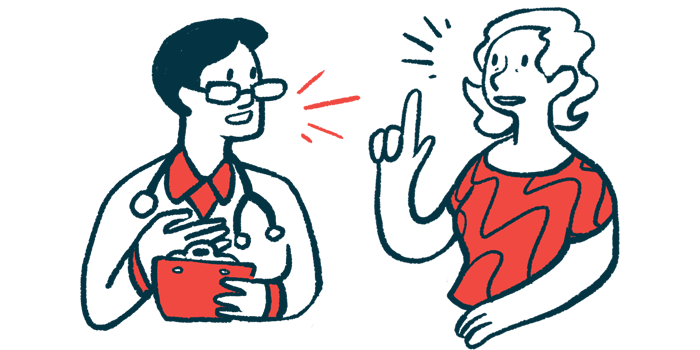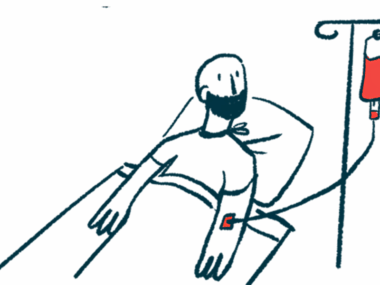Vyvgart may benefit gMG patients regardless of antibody status
Researchers analyzed outcomes of 36 people who started treatment in 2022
Written by |

Vyvgart (efgartigimod) eased symptoms of generalized myasthenia gravis (gMG) for some patients in Japan and the therapy’s effects didn’t appear to be influenced by the type of MG-driving antibody each patient had, a new analysis shows.
The study, “Therapeutic Responses to Efgartigimod for Generalized Myasthenia Gravis in Japan,” was published in Neurology Clinical Practice.
Vyvgart is an infusion therapy that reduces the levels of MG-driving antibodies. It’s marketed by Argenx. The company wasn’t involved in the study, which was funded by the Japan Society for the Promotion of Science.
In Japan, Vyvgart is authorized for gMG patients who haven’t responded adequately to other therapies, regardless of antibody status. This is different from the therapy’s approvals in the the U.S., European Union, and U.K., where it’s approved to treat gMG patients who are positive for antibodies that target the acetylcholine receptor (AChR), the most common type of MG-causing antibodies.
Using data from the Japan Myasthenia Gravis Registry, the researchers analyzed the outcomes of 36 people with gMG who started Vyvgart in 2022. About half (53%) were positive for anti-AChR antibodies, while 17% were positive for antibodies targeting muscle-specific kinase (MuSK), the second-most common type of MG-causing antibody. The remaining 31% were negative for both major antibody types.
Vyvgart was administered in four-week cycles of weekly infusions, with additional treatment cycles given as needed based on the clinical response. To assess its effectiveness, the researchers evaluated the number of patients who improved by at least 2 points on the MG Activities of Daily Living (MG-ADL), a standardized measure of disease severity, in the first cycle of treatment.
Responses to Vyvgart treatment
In the 34 patients included in the analyses, MG-ADL scores dropped from 10.5 to 6.9 points in the first cycle of treatment. Slightly less than two-thirds (62%) of the 34 patients were considered treatment responders.
The response rate was somewhat higher among the patients who were positive for anti-MuSK antibodies (83%) compared with those positive for anti-AChR antibodies (59%) or with those who were negative for both types (55%). Still, most patients in all the groups responded to treatment and statistical analyses showed no significant difference in response rates based on antibody status.
Response rates also weren’t associated with age, gender, disease duration, or severity. Among the responders, “clinical improvement was usually observed soon after the first or second infusion in the first cycle,” said the researchers, who noted not all the patients showed the same level of response. A few had fairly modest improvements, but scores improved dramatically for some. These findings “indicate that a sustainable efficacy of [Vyvgart] can be expected in some patients,” they said.
Eight of the 13 patients who didn’t respond to the first Vyvgart round chose to try a second round. Although some reported slightly less severe muscle weakness and/or fatigue, based on MG-ADL scores, they still didn’t meet the criteria to be considered responders in subsequent treatment rounds.
This suggests “the efficacy of [Vyvgart] may be predictable after the first cycle,” wrote the researchers, who noted, however, that in earlier Vyvgart trials, a few patients didn’t respond on the first cycle, but did respond in later cycles. “We think that it is worth repeating at least [one] or [two] additional cycles of [Vyvgart] in first-cycle nonresponders,” they wrote, adding more research is needed to help predict which patients are most or least likely to benefit from Vyvgart.
Thirteen side effects were reported in 11 patients. These included five cases of COVID-19, none of which were serious enough to require additional treatment. Other side effects included urinary tract infection, fatigue, headache, nausea, and diarrhea.
The analysis was limited by its small size and the researchers noted that some patients were also receiving treatments other than Vyvgart, which may have influenced the results. Still, the findings support considering Vyvgart as an option for gMG irrespective of antibody status, they said.




Leave a comment
Fill in the required fields to post. Your email address will not be published.